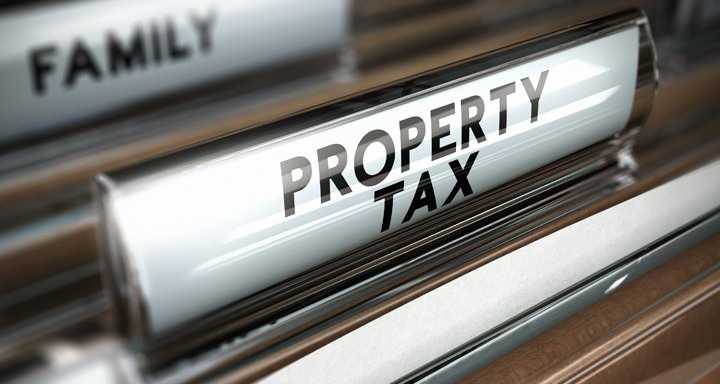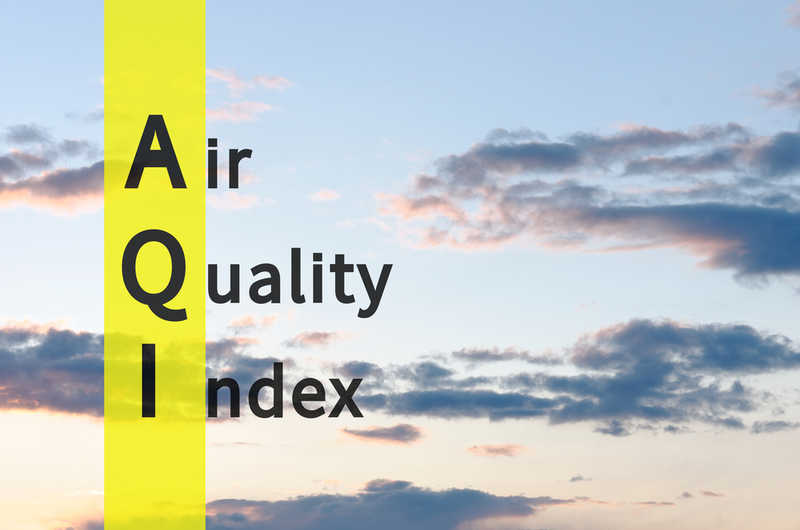Common tax pits you must avoid
 Now that the current financial year is coming to an end, everybody would like to know where his/her tax burdens stand at. When we talk of tax liability, questions arise about tax evasions. It may very well be the case that you would end up evading tax and face consequences of evasion even if you have had no such intention to do so. You need to be aware of the tax duties as a citizen and need to know what are your tax liabilities.
Now that the current financial year is coming to an end, everybody would like to know where his/her tax burdens stand at. When we talk of tax liability, questions arise about tax evasions. It may very well be the case that you would end up evading tax and face consequences of evasion even if you have had no such intention to do so. You need to be aware of the tax duties as a citizen and need to know what are your tax liabilities.
Here are the most common tax pitfalls that you should avoid to not to evade tax.
1. If you are a salaried person, then report income from other sources. Income form other sources include income earned through interest from bank savings accounts and other savings deposits. It means that you have to declare interest on infrastructure bonds, NSCs, fixed deposits and recurring deposits as income from other sources while filing your tax return.
2. Trying to cut down your tax burden could very well be turned to tax evasion. When you invest in the name of your spouse or children, you should keep in mind the fact that although the money received from spouse is tax free, if the money is invested then income earned through such investments is taxed accordingly.
Hence, if you buy a house in your wife/husband’s name, any income from the house – be it rent or capital gains, it will be treated as your income. Similar is the case with any fixed deposit you open in your wife’s/husband’s name. An exemption of Rs 1,500 a year per child up to a maximum of two children is permitted in case of fixed deposit opened in the name of your children.
You can consider investing in tax free options such as PPF, tax-free bonds or in equity instruments to cross the hurdle of provisions of clubbing of income from such investment options.
3. Try not to terminate your life insurance policy before three years. If you terminate your life insurance policy within three years of opening, along with losing premium paid in the first year, you will also lose out the tax benefits availed under Section 80C.
4. Carefully go through the income tax benefits of housing loan. If you sell off a house on loan within five years of purchasing it, you have to part with the tax benefits availed of under Section 80C. Tax benefits for the repayment of the principal are lost when a house is sold within five years of purchasing it.
5. You have to pay wealth tax on certain assets if their combined value exceeds Rs 30 lakh. If you own a second house which lies vacant, then you are liable to pay wealth tax on the value of the house. Even if the second house is lying vacant, you have to pay tax on notional rental income from the house, which would be calculated based on market rent of the locality.
6. In case you shift jobs within a financial year, there is every possibility that you will get a rise which will be boosted by basic exemption and deduction assumed by the new employer. As taking benefit from basic exemption twice a year is not permitted, be sure to declare your previous income to the new employer. Otherwise, you would have to deposit the tax yourself.
7. Wealth tax is payable on assets like cars and jewellery, too. Wealth constitutes the assets you buy with your income after you pay income tax. Even if you may claim that you have acquired a certain amount of gold through inheritance, the Income Tax officials could always raise questions about the source of acquiring them. Cash in hand in excess of Rs 50,000 is also subject to wealth tax.
Related Civic Issues Articles:
Pay property tax online Gurgaon
Maharashtra VAT on property
Benefits of paying property tax
Image courtesy of sdmania at FreeDigitalPhotos.net







